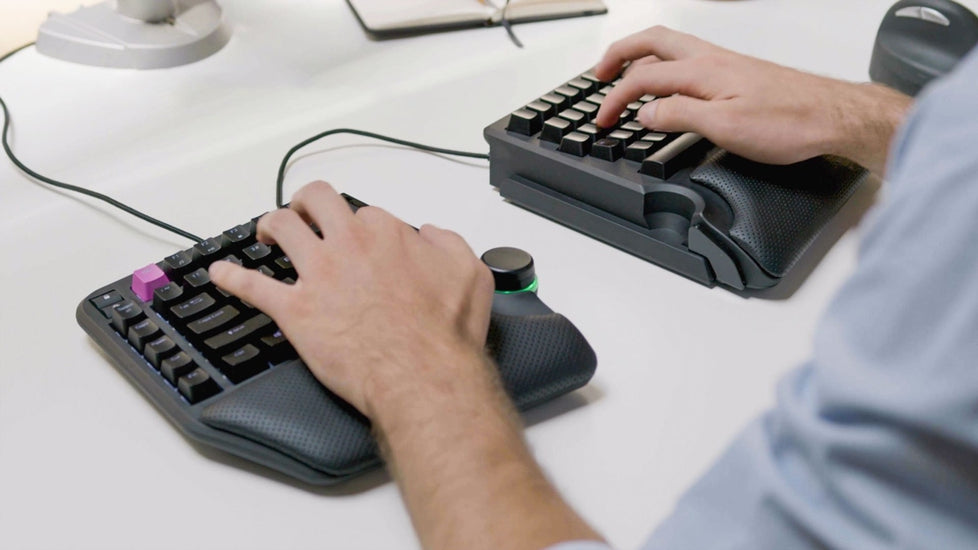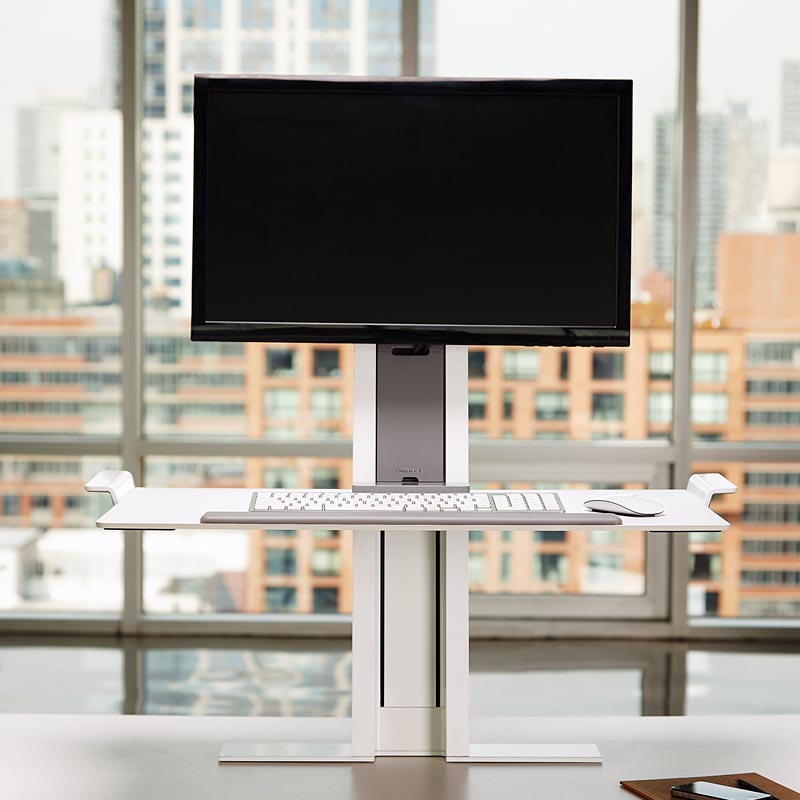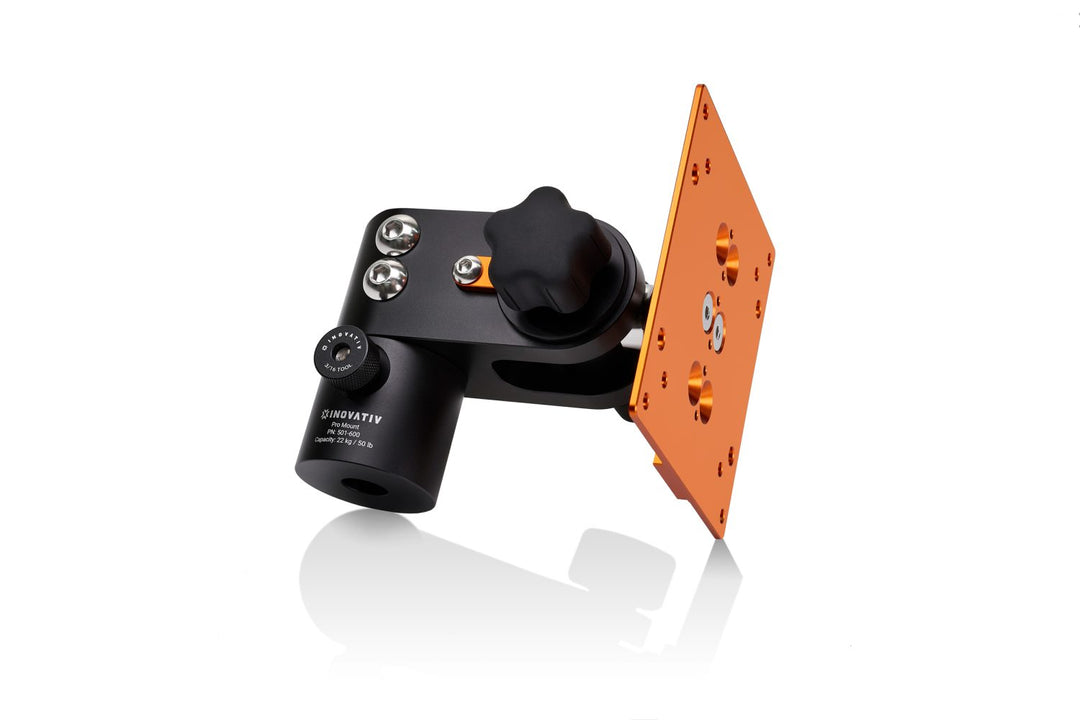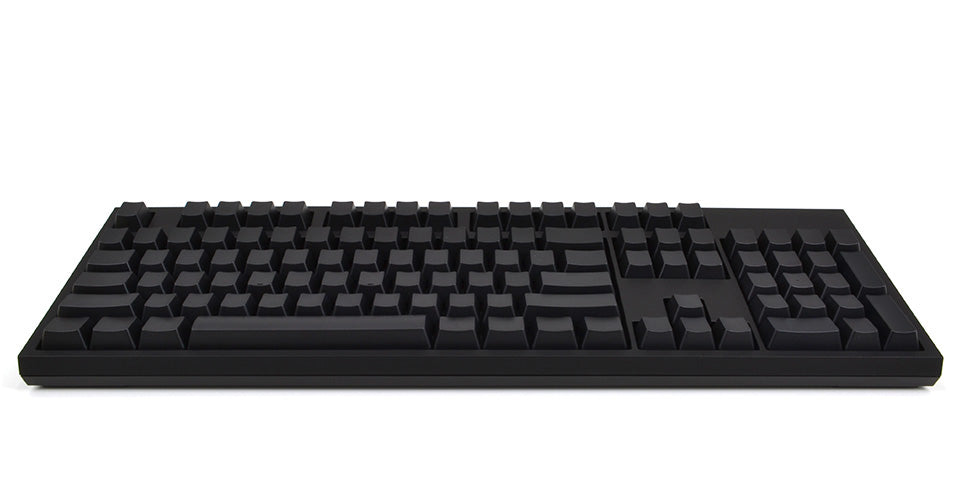Get ahead of the game and level up your keyboard skills! Boost your typing speed and accuracy for faster work and communication. #TypeLikeAPro
Whether you’re working in the office, playing a computer game, chatting online with friends, or browsing online, you’ll most likely be typing on your keyboard at some point. While typing is technically just pressing the keys of your keyboard, there’s a mountain of difference between pressing keys and typing efficiently.
Along with the familiarization of shortcuts and keyboard features, typing is part of the keyboard skills that you should master. You’ll be able to work, communicate, and play faster, more accurately, and more efficiently if you improve your typing.
Let’s check out some tips on how to make fast, accurate typing second nature.
How to Increase Your Typing Speed
What is the average typing speed? According to Typing Pal, you should aim for at least 40 words per minute. Efficient and productive typists can go as far as 65 to 70 words per minute.
These pointers should help speed up your typing so that you’ll improve your productivity, accuracy, and efficiency.
Use a keyboard tray.
While standard desks are fine, keyboard trays can help increase your typing speed and accuracy. That’s because it puts your hands in a neutral and healthy position, enabling your hands to type with a smooth, relaxed rhythm.
Large and spacious keyboard trays such as the Humanscale 6G System are ideal. The Humanscale is fully adjustable so that you can type in your neutral reach zone. This is an area in front of you where you can easily access and reach the keyboard while your upper arms bent at the elbow and relaxed and at rest. This 6G System is ultra-thin, preventing your knees from bumping into your keyboard.
Use a mouse tray
Use a mouse tray along with your keyboard tray. A mouse tray places your mouse hand in a position that eliminates strain and wrist pain. The Workrite Banana Keyboard Tray is a perfect example of such a peripheral. This device has a gliding mouse tray that can be swung to either side, making it ideal for left-handed or right-handed users. The ergonomic design allows you to type and use the mouse in an effortless, relaxed manner while boosting accuracy.
The Humanscale Humanscale 900 Keyboard Tray is also an amazing product. Similar to the Workrite, it has a mouse tray. However, the mouse tray can be elevated over the keyboard. This saves keyboard space while maintaining the benefits of ergonomics.
Use an ergonomic keyboard.
Ergonomic keyboards are keyboards that are designed with human physiology and psychology in mind. In other words, these keyboards are engineered to fit the user, not the other way around. As such, ergonomic keyboards minimize muscle strain, fatigue, hand injuries, and carpal tunnel syndrome.
An ergonomic keyboard makes typing more comfortable, allowing you to type faster and more accurately with ease.
Note though that the design of ergonomic keyboards may seem strange and uncomfortable at first. Split keyboards, for example, divide the QWERTY key arrangement into two halves. You can arrange both halves so that your forearms are parallel to each other. Check out the Kinesis Advantage360 Split Ergonomic Keyboard, it is the best-selling split keyboard that you should try.

While this allows a more natural and strain-free typing stance, it initially feels counter-intuitive especially if you’re used to typing on a standard keyboard.
Use proper hand placement.
Your fingers’ starting position should be on the home keys---left hand over the A, S, D, and F keys; and the right hand over the J, K, L, and; keys. Your thumbs should be on the space bar. With your fingers on the home keys, you can move and stretch your fingers to reach nearby keys. Your hand should not leave this position, and your fingers should return to the home keys.
Avoid looking at the keyboard
Focus on what you’re typing on the screen. Avoid looking at your hands. Initially, this is difficult. But the longer you do this, the easier and more intuitive.
Looking at the screen also helps you type more accurately since you can catch typos, erroneous grammar, awkward phrases, and misplaced punctuations as you type.
Practice good posture.
Good posture helps speed up your typing speed and accuracy. Sit up straight and don’t slouch. Position your monitor so that your eye rest on the top 3 inches of the screen. Keep your forearm parallel to the ground. Use ergonomic peripherals to “force” your body into the right posture.
Practice your keyboard skills.
As with any other skill that you want to be good at, you need to constantly practice; there’s no other way to do it. Perform typing exercises by copying a manuscript, magazine, book, and other printed material. Try to make as few errors as you can.
The Internet also has a lot of free typing speed tests so you can keep track of your improvement.
Keep your keyboard clean.
Keeping your keyboard free from dust or other foreign objects will give you a smooth typing experience. Check our article on How to Clean a Keyboard for more information.

Conclusion
Typing faster and more accurately helps improve productivity, increases efficiency, and shortens turnaround time. Use these tips to make yourself a typing master!













